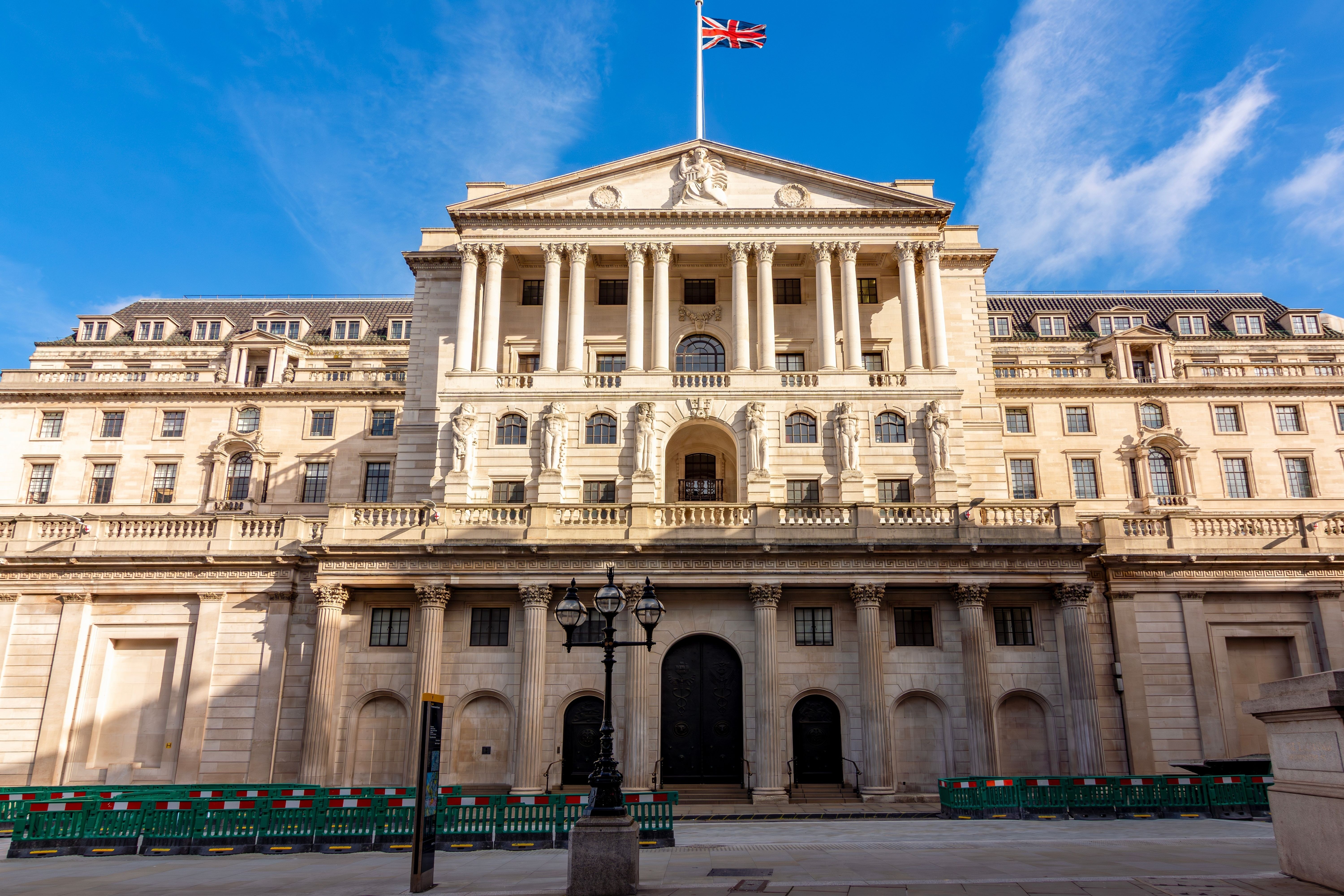Weekly Briefing: BoE and US Fed Rate Cuts, FCA’s PISCES Launch, and UK Housing Market Outlook
In this week’s briefing, we turn our attention to key rate decisions both in the UK and the US, examining how central banks are navigating inflation pressures and economic growth. Domestically, we explore the FCA’s groundbreaking PISCES initiative and take a closer look at how the 2025 housing market might shape up.
Read on to uncover how these dynamic changes could redefine the UK's path toward growth and innovation.
UK Investing
PISCES to Bring New Opportunities to UK Capital Markets
- The Financial Conduct Authority (FCA) has introduced the Private Intermittent Securities and Capital Exchange System (PISCES) to enable secondary trading of private company shares.
- The initiative has garnered support from the Economic Secretary to the Treasury, who is expected to bring the PISCES framework before parliament by May next year and sees PISCES as a way to diversify investment options and enhance market competitiveness.
- Due to this growing interest, critics have raised concerns about insider trading risks, emphasizing that unequal access to information could harm market transparency. Additionally, some argue that PISCES may reduce IPO activity by making private trading more attractive.
- To address these challenges, the UK government is also reforming listing rules and consolidating pension funds to direct more investment into businesses and infrastructure. These measures complement PISCES in boosting economic growth.
- Because of the potential impact on private equity valuations and public market liquidity, the success of PISCES could redefine how investments are managed in the UK, but careful balancing of innovation and regulation will be critical.
- The success of this initiative could set a precedent for other countries looking to revitalise their financial ecosystems amid global economic shifts towards private equity.
UK Economy
Bank of England to Hold Rates Amid Economic Uncertainty
- The Bank of England is expected to maintain interest rates at 4.75% this week, responding to conflicting signals like rising inflation and GDP contraction.
- As a result of rising energy costs, October inflation rose above target to 2.3%, with a further increase expected in November. This has reinforced the need for maintaining restrictive monetary policies to restabilize prices.
- Businesses have warned that higher employer National Insurance Contributions announced in the Budget could lead to job cuts and price hikes, potentially creating further inflationary challenges.
- In response to these economic pressures, analysts anticipate that GDP growth will rebound despite short-term uncertainty, with the Bank of England expected to gradually lower rates, potentially reaching 3.75% by late 2025.
- Consequently, the BoE governor has highlighted that businesses' responses to rising labour costs are a critical issue, emphasizing the importance of maintaining inflation control measures for an extended period.
- “We expect the forward guidance to remain broadly unchanged with the MPC reaffirming its message of gradual easing, while keeping rates sufficiently restrictive for sufficiently long to ensure that inflation sustains returns to the Bank’s two per cent mandate,” said Sanjay Raja, chief UK economist at Deutsche Bank.
UK Property
Positive Outlook for UK Housing Market in 2025
- National estate agent Jackson-Stops forecasts a 4% rise in UK house prices by 2025, largely driven by increased buyer confidence. This optimism follows a predicted period of stable pricing throughout 2024.
- As a result of this confidence, the market is expected to see a busy start in 2025, with buyers rushing to take advantage of expiring Stamp Duty incentives.
- Due to this anticipated activity, challenges such as longer sales processes, regional legal disparities, and mortgage processing delays may persist. However, targeted policies for older demographics could improve market fluidity.
- In contrast, buy-to-let activity might decline following increased Stamp Duty on second homes, though professional landlords may find opportunities as smaller landlords exit the market.
- Upsizing families and downsizing retirees are predicted to dominate property transactions, while demand for properties near top-rated schools is expected to remain strong in regions like Kent and East Sussex.
- For property investors, this is highly encouraging, as it highlights the potential for sustained growth, even following periods of already significant price increases.
- “Renewed buyer confidence coupled with a strong supply of desirable properties suggests a balanced and active market,” said Marcus Browne from Jackson-Stops Taunton.
US Economy
US Fed Expected to Cut Rates Amid Economic Uncertainty
- The Federal Reserve is expected to lower its benchmark interest rate by 25 basis points, reducing the target range to 4.25%-4.5%, despite inflation being currently above the Fed’s 2% target.
- Inflation has been hovering around 2.5%-3%, prompting concerns among policymakers, as it remains well above the Fed's preferred target despite significant reductions from its 2022 peak.
- This anticipated rate cut would mark a cumulative 1% reduction in rates since September, but Fed officials are likely to communicate caution to avoid loosening policy too quickly.
- Former Kansas City Fed President Esther George and other hawkish voices argue against rapid rate cuts, emphasising the importance of patience. George noted, "Let's wait and see how the data comes in. Twenty-five basis points usually doesn’t make or break where we are, but I do think it’s a time to signal to markets and to the public that they have not taken their eye off the ball of inflation.”
- The Fed's upcoming policy decision will be accompanied by an updated Summary of Economic Projections and the dot plot, which will offer deeper insight into the officials' outlook on inflation, unemployment, and GDP growth—key metrics that will guide future decisions.
Final Note
This week’s updates highlight transformative shifts in the UK’s financial and economic landscape, underscoring both emerging opportunities and ongoing challenges.
The launch of PISCES marks a significant step in modernising capital markets, though finding the right balance between innovation and regulation will be crucial for its success.
Meanwhile, the Bank of England’s cautious stance reflects the complexity of managing inflationary pressures while supporting economic recovery—a challenge faced by many global economies today.
As these developments unfold, they paint a picture of a nation adapting to lead in an increasingly dynamic and pressured global environment, with investors remaining at the forefront of this change.
%20(3)%20(2).jpg)







